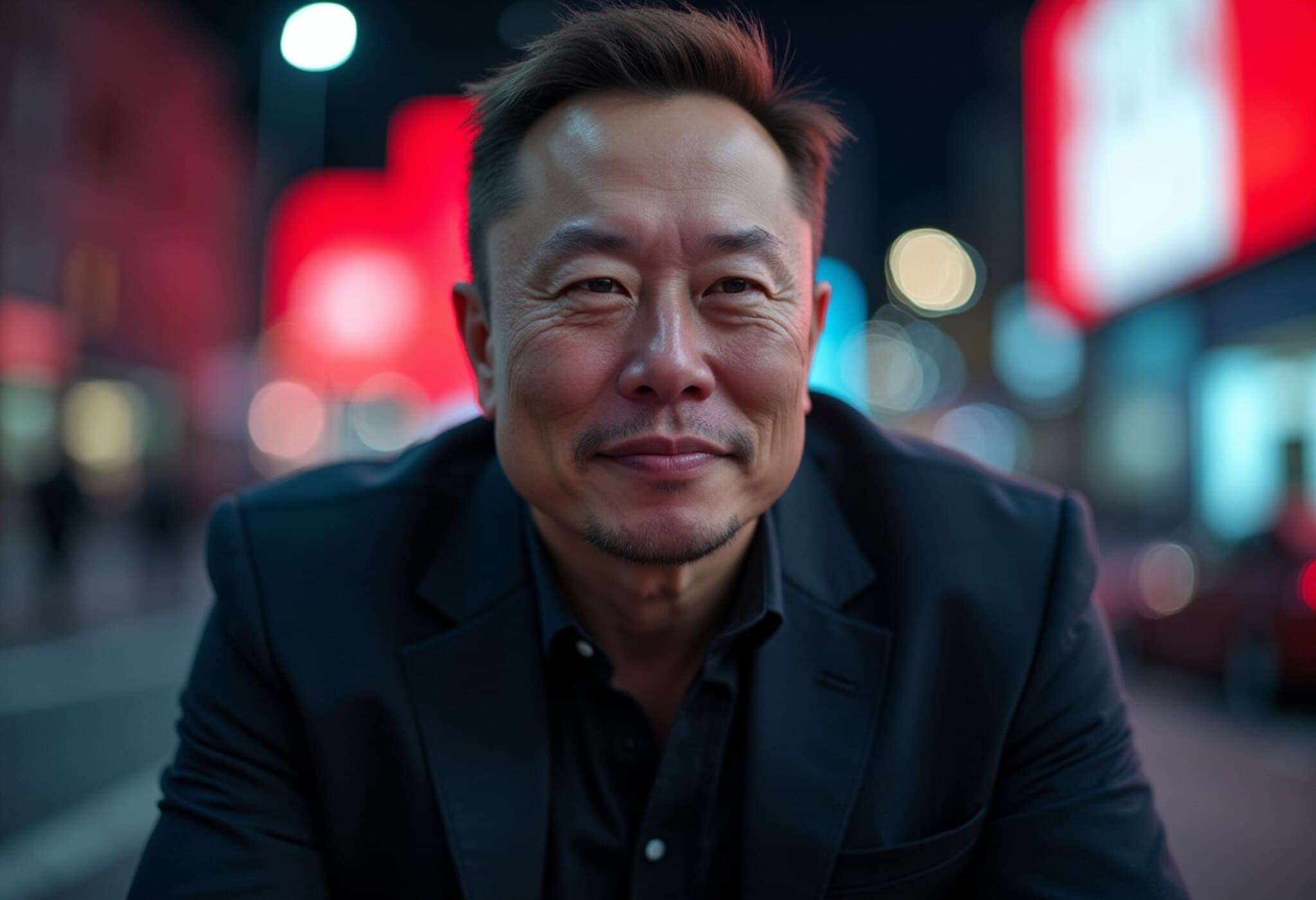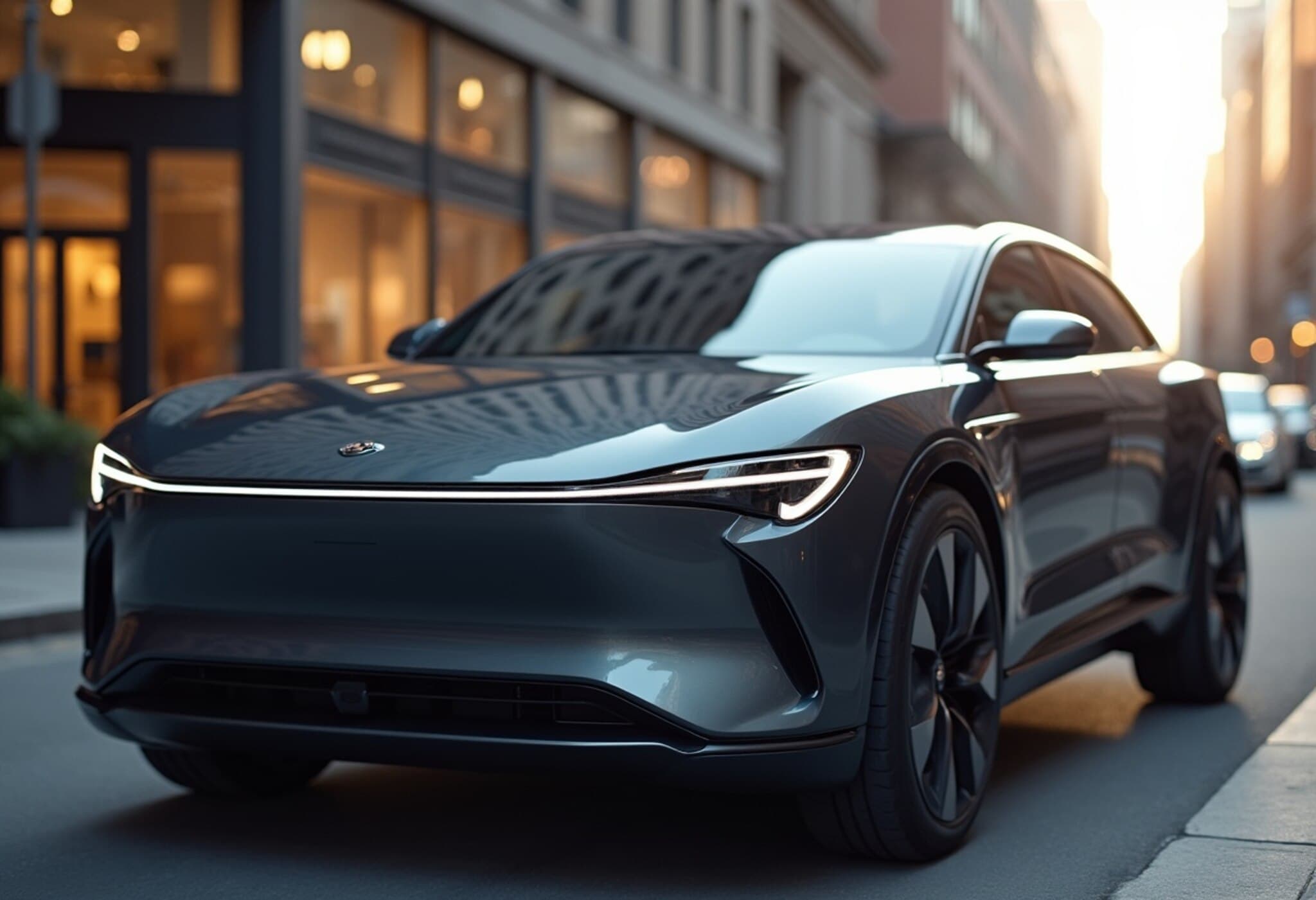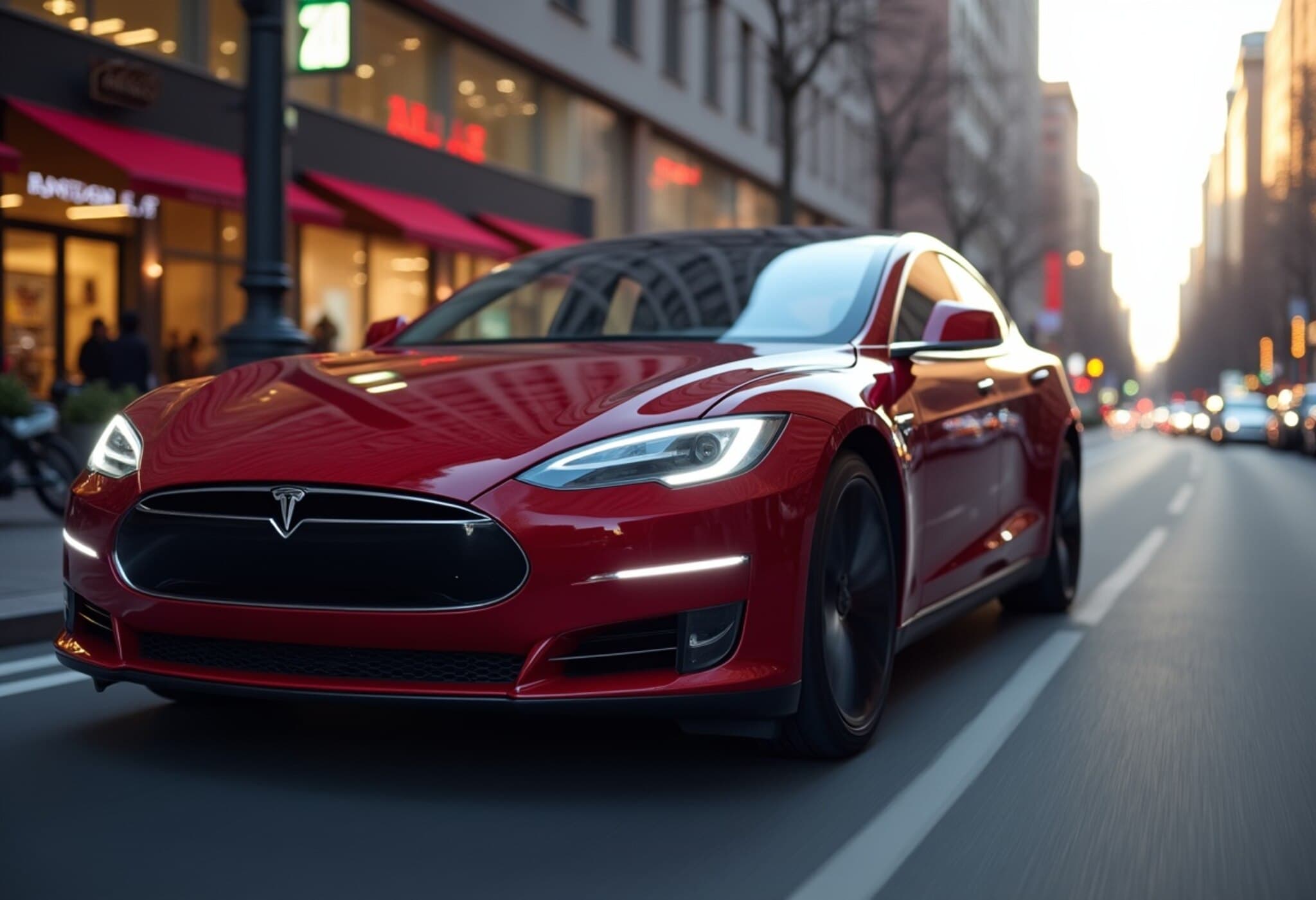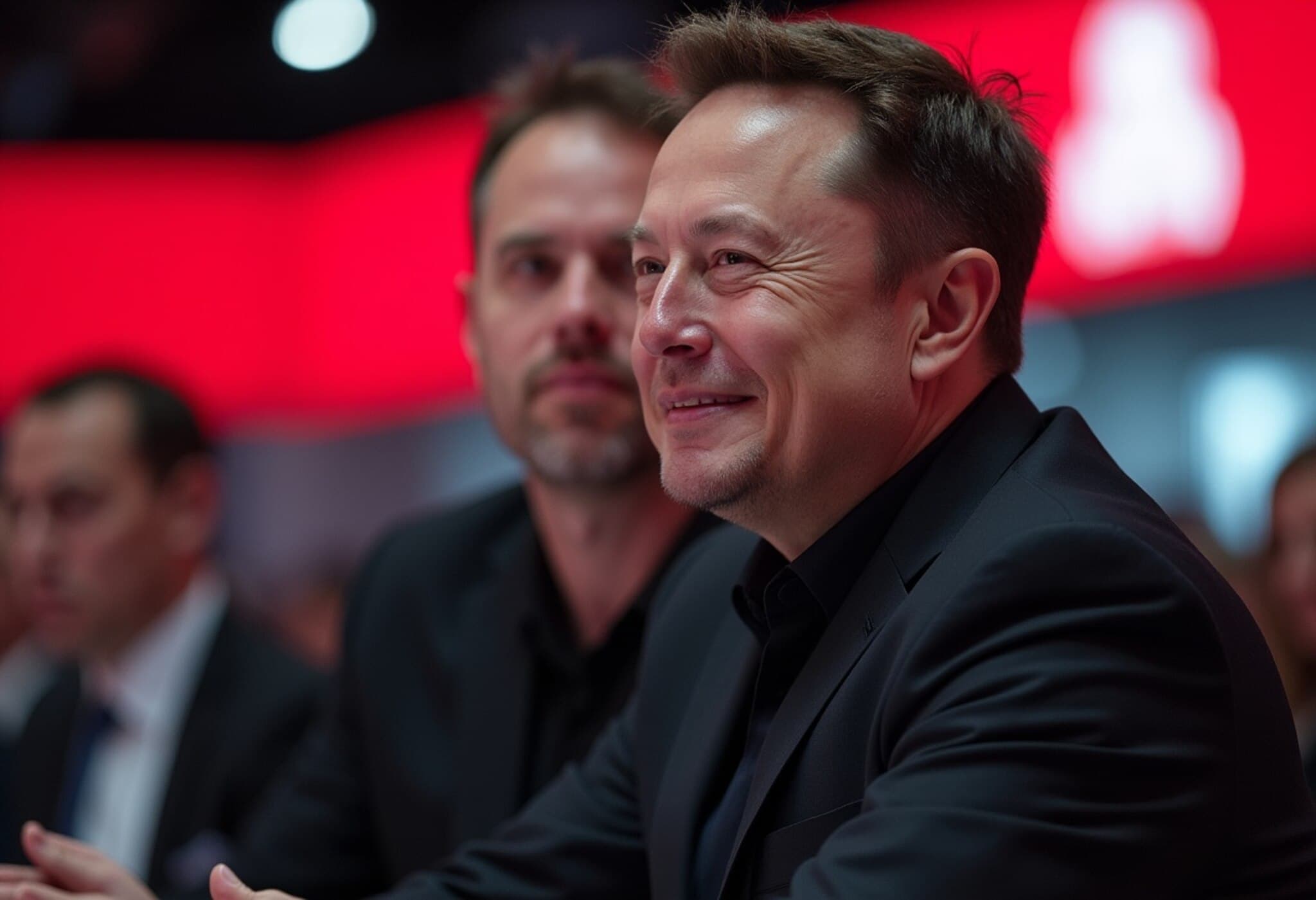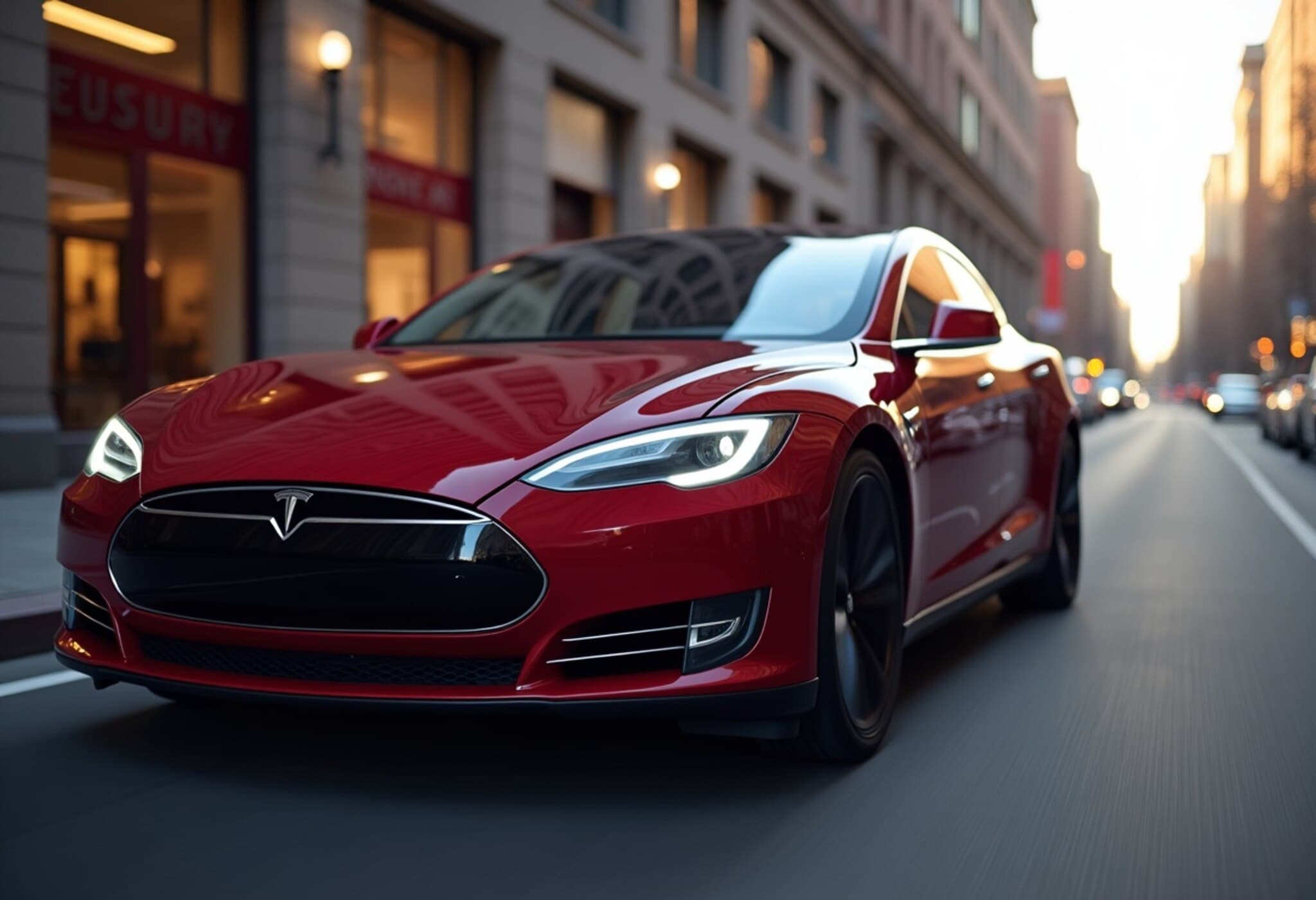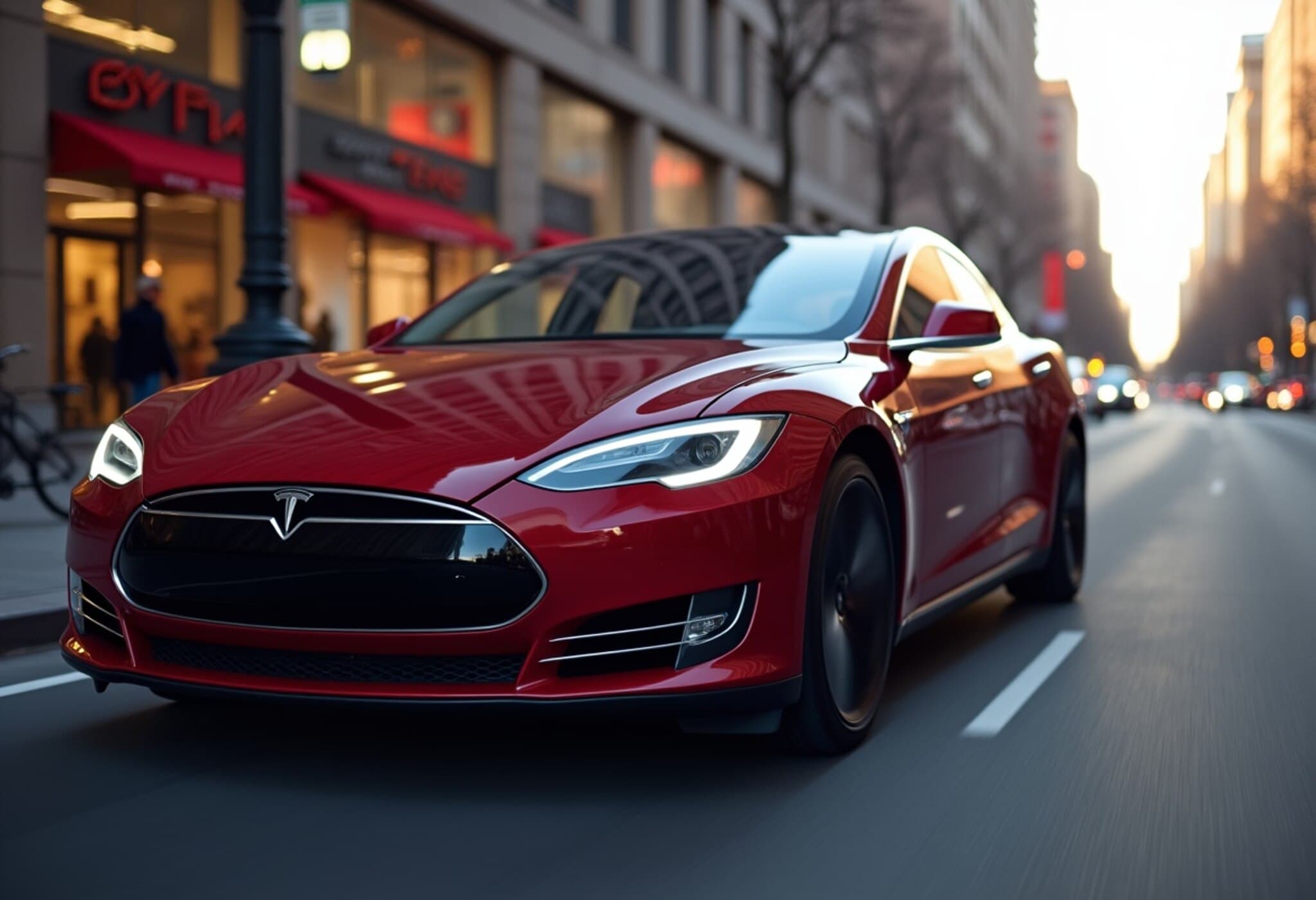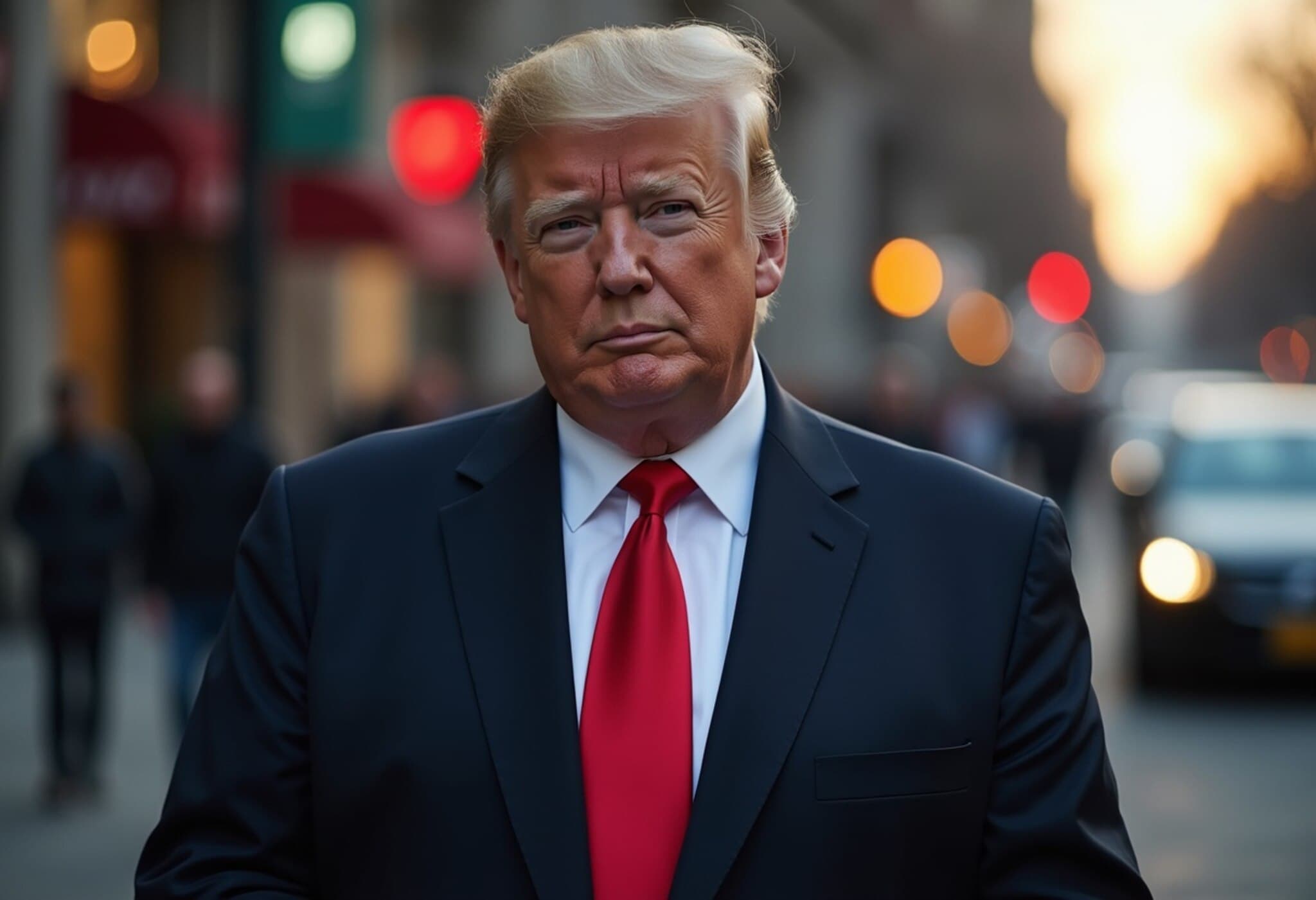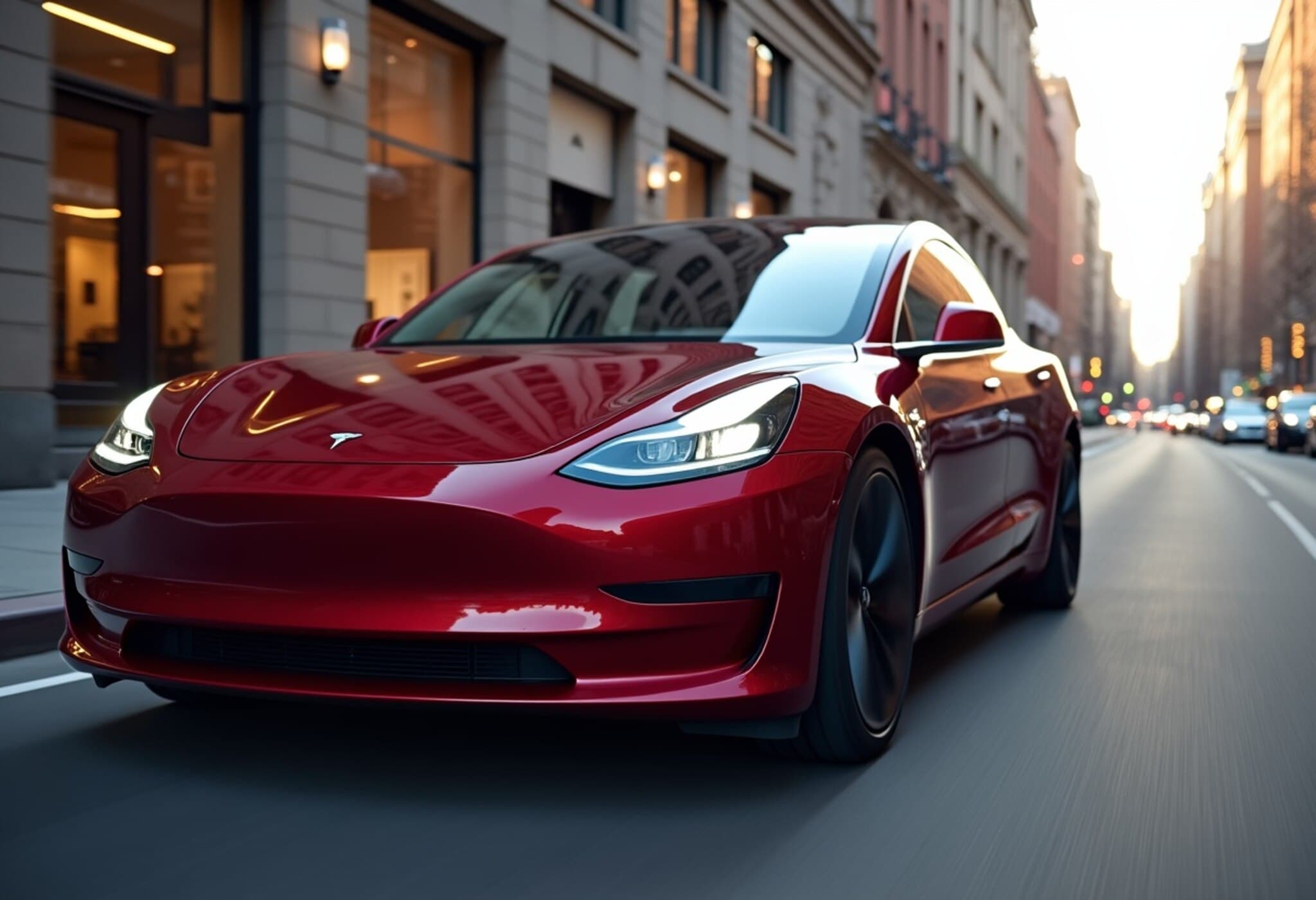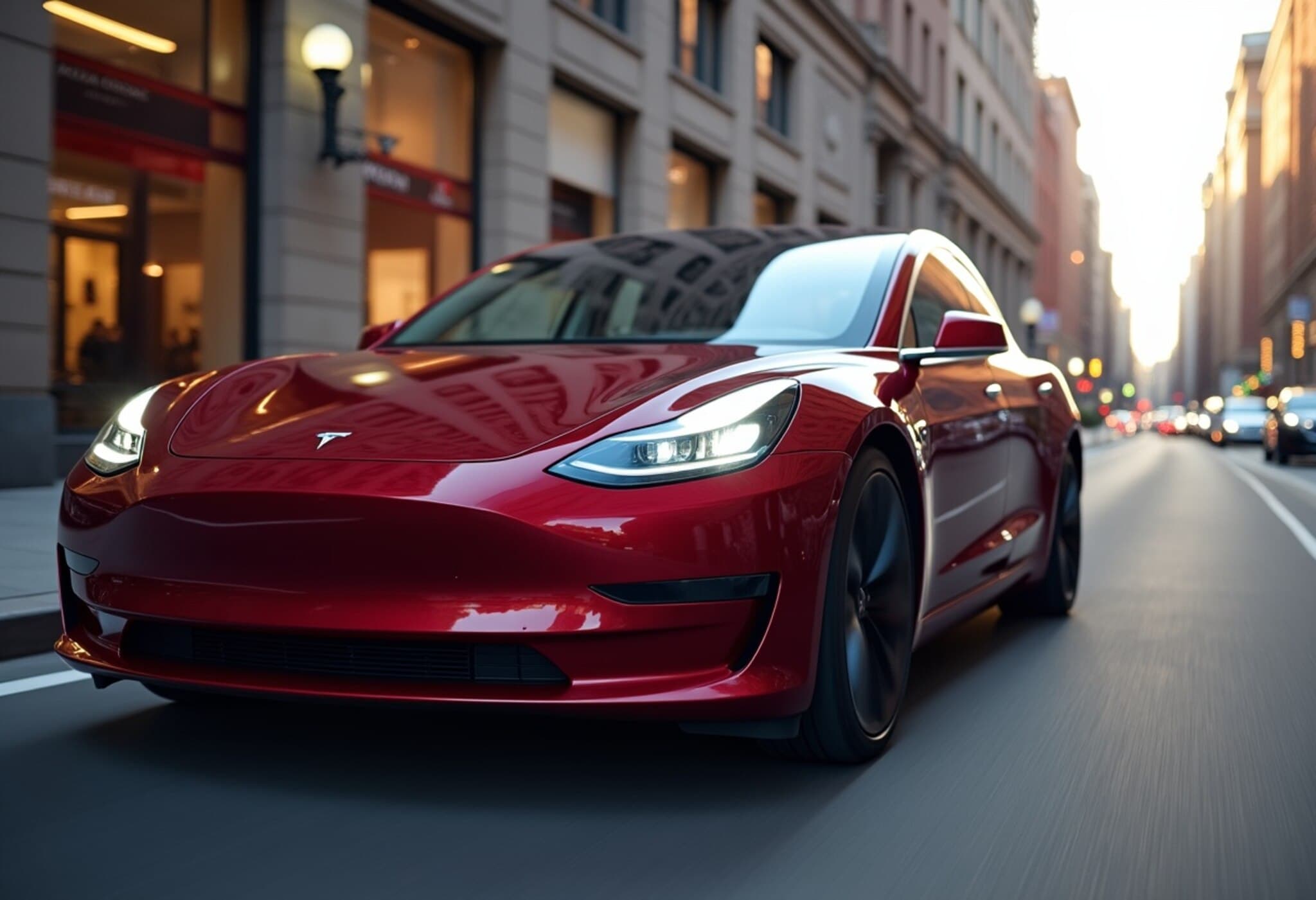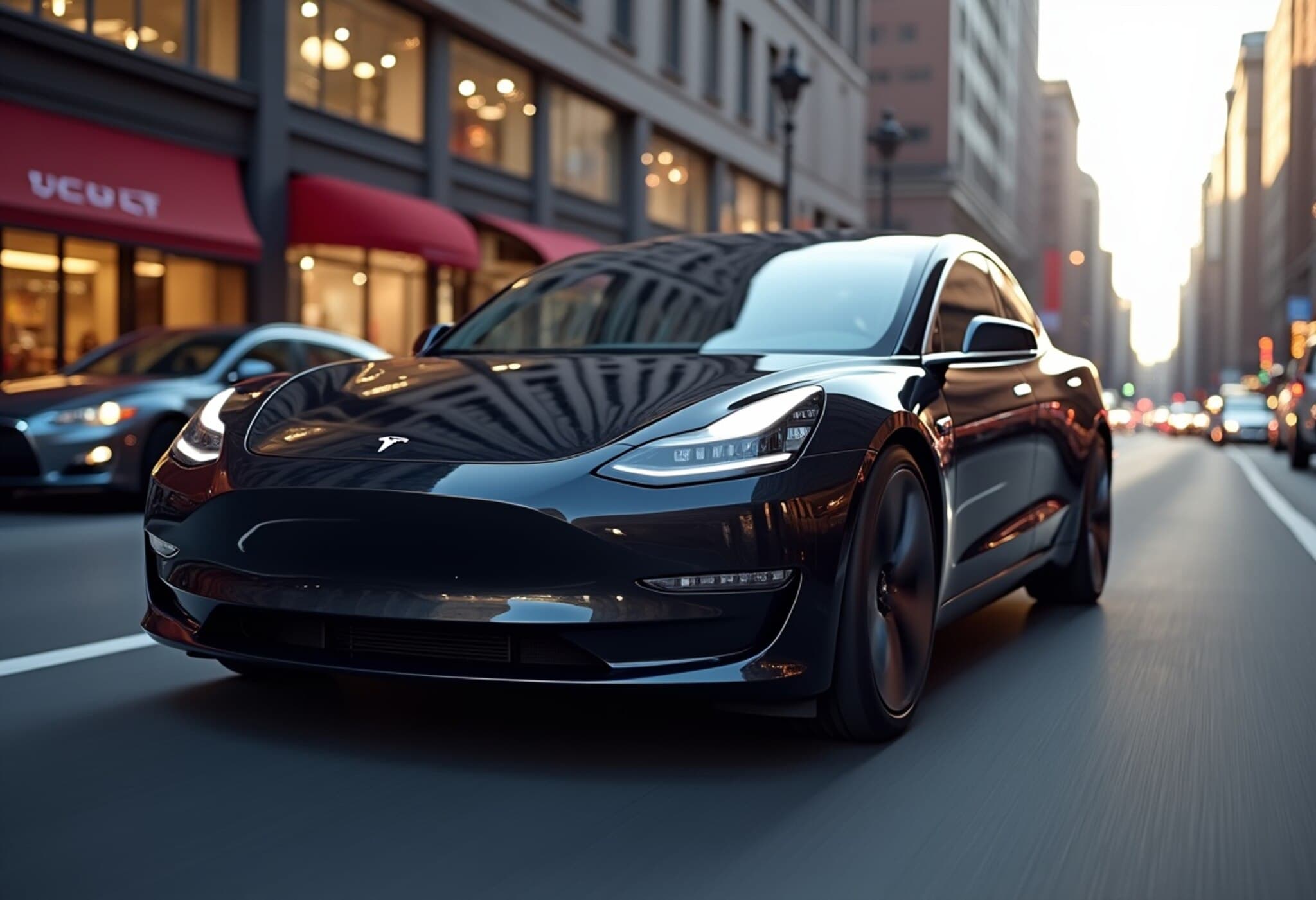Tesla Grants Elon Musk $29 Billion in New Shares to Secure Leadership
In a strategic move to retain the visionary guidance of its CEO, Tesla has awarded Elon Musk an impressive 96 million new shares, valued at nearly $29 billion. This decision follows a significant legal setback earlier this year when a Delaware court invalidated Musk’s original $50 billion compensation package, citing inequitable treatment of shareholders.
Motivation Behind the New Compensation Package
Tesla’s special board committee emphasized the complex demands on Musk’s time and interests, stating that the fresh share award is designed as a powerful incentive for Musk to maintain his pivotal role at Tesla through 2027. This approach reflects the company’s confidence that Musk’s ongoing leadership remains vital as Tesla recalibrates its business strategy in a rapidly evolving market.
According to the regulatory filing released on August 4, the shares will vest only if Musk continues in a key executive capacity, with an exercise price set at $23.34 per share—mirroring the terms of the previous compensation plan. To align long-term interests with shareholder value, Musk is also contractually required to hold these shares for five years post-vesting, barring sales to offset taxes or purchase costs.
Legal Context and Company Response
The original 2018 compensation package faced legal challenges when a Delaware court ruled that the negotiation process lacked adequate independence and fairness to shareholders. Musk is actively appealing this decision, alleging procedural errors in the initial judgment. To navigate this uncertainty, Tesla’s board formed a specialized committee tasked with devising alternative executive compensation methodologies, culminating in this new share award.
Strategic Shifts Amid Market and Political Headwinds
Tesla’s evolving corporate vision has moved beyond traditional automotive manufacturing. Musk is pivoting the company toward a future dominated by artificial intelligence and robotics, with an emphasis on robotaxis and humanoid machines. This represents a notable shift from the company’s earlier commitment to producing affordable electric vehicles for the mass market.
However, the company is grappling with multiple challenges:
- Stock Performance: Tesla shares have tumbled roughly 25% this year, affected by increasing competition from established automakers such as BMW and emerging EV startups.
- Product Issues: The launch of Tesla's Cybertruck, anticipated as a game changer, has underperformed relative to Musk’s earlier optimistic forecasts of high sales volume.
- Political and Regulatory Impact: The Trump administration’s reduction of electric vehicle subsidies has eroded Tesla’s advantages, stripping away valuable tax credits and regulatory revenue streams.
The Political Dimension: Brand Loyalty and Backlash
Tesla’s brand has encountered a turbulent period, particularly following Musk’s public endorsement of former President Donald Trump. Data from S&P Global Mobility indicates a significant decline in brand loyalty post-endorsement, with nationwide protests at Tesla dealerships highlighting the political volatility surrounding the company.
Moreover, Trump’s proposed policies threaten to eliminate Tesla’s federal support entirely, potentially compounding the challenges posed by softening electric vehicle demand and intensifying competitive pressures.
Looking Ahead: Market and Innovation Challenges
Musk recently cautioned investors about "a few rough quarters" ahead, emphasizing that Tesla expects revenue from self-driving software to provide a significant financial uplift in the near future. The company’s shift toward AI-driven mobility solutions aims to position Tesla at the forefront of next-generation transportation technologies.
Yet this transition is layered with risk. Tesla must navigate a complex landscape of legal battles, fluctuating stock valuations, shifting political winds, and rapidly evolving industry competition.
Editor’s Note
This substantial equity award to Elon Musk underscores the high stakes and profound transformations underway at Tesla. While the move secures Musk’s leadership during a pivotal pivot toward AI and robotics, it also raises critical questions about shareholder governance, corporate accountability, and Tesla’s ability to fulfill its ambitious vision amid mounting financial and political headwinds.
As Tesla accelerates into uncharted territory, stakeholders—from investors to policymakers—must watch closely: Will this deepening integration of Musk’s vision and control drive innovation that outpaces rivals, or deepen the company’s vulnerabilities in a volatile market?



